
Child abuse is any defined as sexual, emotional, physical mistreatment or neglect of children. Child abuse is also any kind of maltreatment by parent or caregiver that results in harm, potential for harm or threat of harm to a child. Children are delicate and fragile beings and the main responsibility of adults is to protect them by any cost and to avoid any action that may result in harm to the child. There are four principle categories of child abuse: neglect, physical abuse, psychological/emotional abuse, and child sexual abuse. The American National Committee to Prevent Child Abuse reports that in 1997, neglect stand for 54% of established cases of child abuse, physical abuse 22%, sexual abuse 8%, emotional mistreatment 4%, and other forms of mistreatment 12%.
Effects of child abuse
The most severe effect of child abuse is a fatality – when child’s death results directly from abuse or neglect. In 2008, only in the United States, about 1,730 children died as a result of child abuse. Most of the children who survive often develop various psychiatric problems or disorganized attachment style. This includes developmental problems, dissociative problems, and problems with depression, anxiety and posttraumatic stress disorder. Victims of child abuse may also suffer from various physical health problems, associated with abuse in early life. Most commonly, physical health problems of these individuals include chronic pain with no identifiable reason. Moreover, these individuals are more likely to become alcoholics or develop drug addiction.Treatment for abused child
Treatment is very important in cases of child abuse. There are many available treatments and very often a child will need to receive treatment for physical abuse along with trauma-focused cognitive behavioral therapy. Children who were physically hurt may require special treatment that is determined by the nature of their injuries. However, psychological support is the most important thing in these cases, as it is needed to keep the child feel safe.
Trauma—focused cognitive behavioral therapy is great to manage post-traumatic stress disorder, depression and anxiety that usually develop after the child has survived the abuse. This therapy is especially good for children that have been victims of sexual abuse. Children who have suffered physical abuse may greatly benefit from abuse-focused cognitive behavioral therapy that is focused on externalizing behaviors and improvement of prosocial-behaviors.
If the child is a victim of domestic violence, doctors may recommend child-parent psychotherapy that helps to improve the relationship between children and their parents. Play therapy is also used whenever it is important to help the child become more comfortable with treatment.



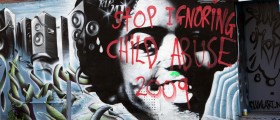
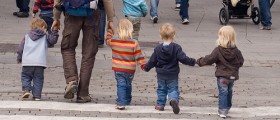
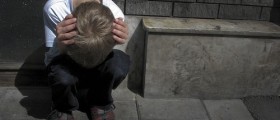


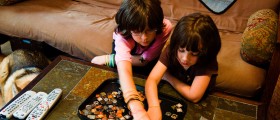
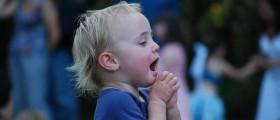


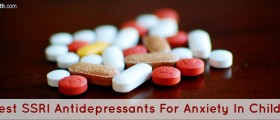
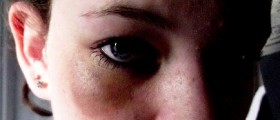


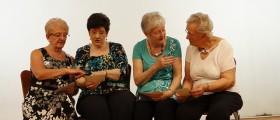
Your thoughts on this
Loading...